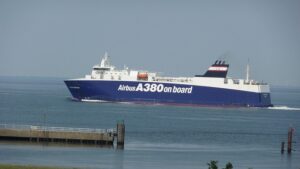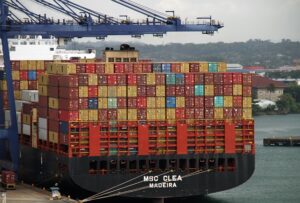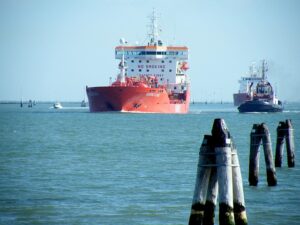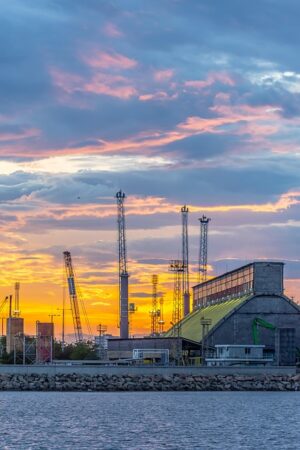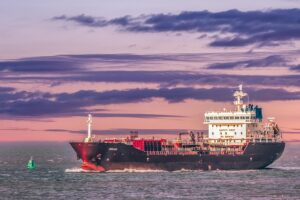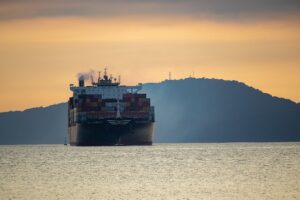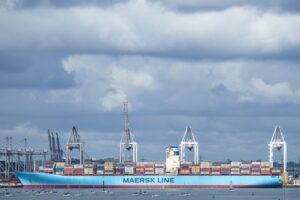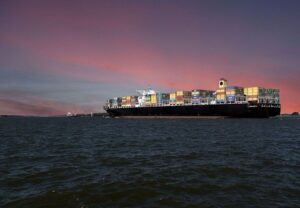Marine-grade steel, with superior corrosion resistance from alloys like chromium and nickel, is ideal for shipping containers facing harsh maritime conditions during sea and intermodal shipping. Adhering to ISO standards, these containers ensure safe logistics and storage solutions, extending their lifespan through enhanced durability against salt water, extreme weather, and physical impacts.
Discover the future of shipping with corrosion-resistant shipping containers crafted from marine-grade steel. This innovative approach promises unparalleled durability, ensuring goods remain intact even under harshest conditions. In this article, we delve into the world of marine-grade steel and explore its advantages for the shipping industry. Learn about the manufacturing processes that make these containers stand out and how rigorous testing guarantees their longevity.
- Understanding Marine-Grade Steel for Containers
- Advantages of Corrosion Resistance in Shipping
- Manufacturing and Testing Processes for Durability
Understanding Marine-Grade Steel for Containers
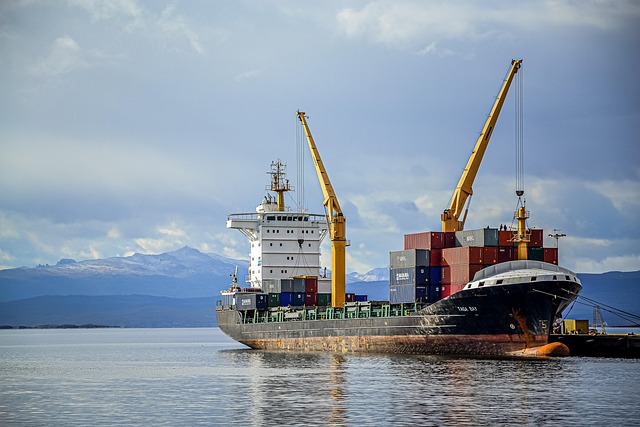
Marine-grade steel is a specialized alloy designed to withstand the harsh conditions of the maritime environment, making it the ideal material for shipping containers. These containers are exposed to salt water, varying weather conditions, and potential physical impacts during sea shipping and intermodal shipping. The steel used must be strong enough to prevent corrosion and maintain structural integrity over extended periods.
This specific type of steel is characterized by its superior resistance to rust and corrosion compared to standard grades. It achieves this through the inclusion of specific alloys like chromium, nickel, and molybdenum, which form a protective layer on the surface, safeguarding the container’s structure. Cargo shipping containers, especially those adhering to ISO standards, require such robust materials to ensure the safety and integrity of the goods they carry, contributing to efficient shipping container logistics and reliable storage shipping container solutions across the industry.
Advantages of Corrosion Resistance in Shipping
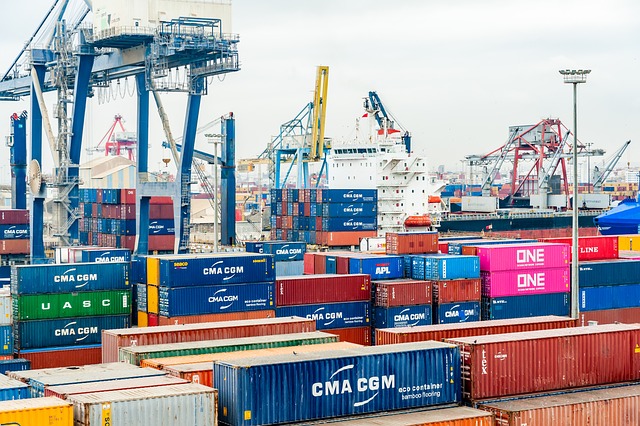
Corrosion resistance is a highly advantageous feature in the world of shipping containers, particularly for those used in maritime transportation. The harsh conditions faced during sea shipping, including exposure to salt water, extreme weather, and varying moisture levels, can accelerate metal corrosion. Marine-grade steel, known for its superior rust resistance, offers significant benefits to ensure the longevity and reliability of these containers. This is especially crucial when dealing with sea shipping containers and cargo shipping containers, which often undertake lengthy voyages across turbulent seas.
By incorporating corrosion-resistant materials like marine-grade steel, storage shipping containers can maintain their structural integrity for extended periods. This reduces the risk of damage to goods during transit, minimizing the need for frequent shipping container repairs or replacements. Moreover, in the dynamic shipping container logistics landscape, where efficient transport and cost-effectiveness are key, corrosion resistance contributes to the overall durability and longevity of these essential intermodal transportation tools, aligning with current industry trends.
Manufacturing and Testing Processes for Durability

The manufacturing process for corrosion-resistant shipping containers made from marine-grade steel involves stringent quality control measures to ensure durability. Steel is carefully selected and treated with specialized coatings to withstand harsh maritime environments, including salty air and exposure to moisture. Advanced welding techniques are employed to forge robust structures that can endure the rigors of intermodal shipping containers, sea shipping containers, and cargo shipping containers.
Testing plays a pivotal role in confirming these containers’ longevity. Rigorous tests, such as salt spray tests and corrosion resistance assessments, simulate real-world conditions to validate their performance over time. Additionally, shipping container leasing and rental companies often conduct load-bearing tests and stress analyses to ensure the containers can handle heavy cargo and rough transportation processes, aligning with industry standards like ISO shipping container dimensions and capacity specifications. These meticulous manufacturing and testing processes underscore the commitment of shipping container manufacturers to deliver top-tier products within the dynamic shipping container logistics landscape.
Marine-grade steel shipping containers offer a robust solution for durable and long-lasting international transportation. By prioritizing corrosion resistance, these containers ensure goods remain secure and undamaged during their global journeys. Through advanced manufacturing processes and rigorous testing, they stand up to the harshest marine environments, making them an indispensable asset in the shipping industry.



